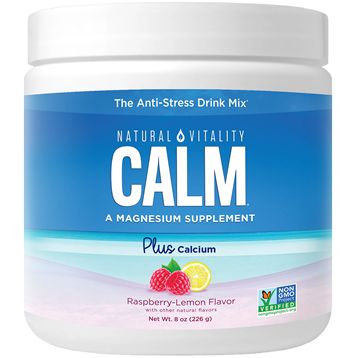

NATURAL FOOD EXCHANGE
Providing you with the highest quality natural and organic products, for a healthy lifestyle

Eric Fowke
(Owner)
Welcome to Natural Food Exchange, where our passion for health and wellness fuels everything we do. Since our inception, we have been dedicated to providing our community with the finest natural and organic products available.
Our Beginnings
Natural Food Exchange was founded with a simple yet powerful mission: to make healthy living accessible and enjoyable for everyone. Our journey began when our founders, inspired by their own health transformations, decided to share their knowledge and love for natural foods with others.
Our Commitment
At Natural Food Exchange, we believe that good health starts with what you put into your body. That’s why we are committed to offering products that are not only good for you but also good for the planet. We carefully select each item on our shelves, ensuring they meet our high standards of quality and sustainability.
Our Community
We are more than just a store; we are a community. Our customers are at the heart of everything we do. We strive to create a welcoming environment where you can explore, learn, and connect with others who share your passion for healthy living. Whether you’re looking for advice on nutrition, recipes, or the latest wellness trends, our knowledgeable staff is here to support you on your health journey.
Join Us on Our Journey
We invite you to join us on this journey toward better health. Visit our store, explore our curated selection of natural products, and become a part of the Natural Food Exchange family. Together, we can make a positive impact on our health and our world.
Natural Vitality Raspberry Lemon Calm Magnesium plus Calcium Drink 8 oz
Athletes put their bodies under intense stress. Strenuous exercising and sweating (due to exertion and high temperatures) cause the body to lose magnesium. Many athletes are deficient in both calcium and magnesium.
Calcium is an important nutrient essential for maintaining total body health. Your body needs it every day—not just to keep your bones and teeth strong, but to ensure proper functioning of muscles and nerves. It even helps your blood to clot. But can too much calcium be a problem? Yes, it can.
Excess calcium can deplete its vital sister mineral, magnesium, from the body and, as a result, can bring about symptoms of magnesium depletion. Calcium acts to excite nerves and is necessary for muscle contraction. Magnesium, on the other hand, calms nerves and is needed for muscle relaxation. Calcium makes bones stiff and hard, but magnesium is needed to avoid their becoming brittle. An excess of unabsorbed calcium may result in kidney stones and deposits in soft tissues such as arteries and heart cells, where it can calcify or harden into insoluble calcium.
You experience the tensing (calcium) and relaxing (magnesium) interaction of these two elements each time your heart beats, when you feel your pulse, and every time you breathe.
When we are under stress, our cells—which in their resting state contain magnesium—go through a change. Calcium, normally outside the cells, enters the cells through tiny gates and the calcium level temporarily becomes high. This is the action state in which a muscle cell, for example, will contract and tense the muscle. The magnesium guardian then helps push the calcium out of the cell and the cell is again in its resting, relaxed state. Think of it as an on-off switch. The “off” is magnesium and the “on” is calcium. But what happens to a cell that is not in balance—where the magnesium level in the body is deficient?
In simple terms, the “off” switch doesn’t fully turn off. That means calcium can continually leak into the cells and stimulate cell activity (the “on” switch). The result is stress, which may be accompanied by one or more of the magnesium deficiency symptoms listed on the other side of this page. Magnesium helps your muscles function properly; it keeps your heart rhythm steady and supports a healthy immune system. This essential mineral helps regulate blood sugar levels, promotes normal blood pressure and is required for producing and storing energy. It’s easy to see why many researchers say that no single dietary factor is as critical as magnesium.
